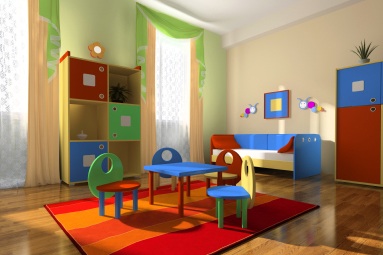When seven year-old Sohail broke his toy car he said, “Mama, so what if it broke, it was only for Rs 100! We will buy a new one!” It made his mother sit up with a a sense of shock and wonder where he had got that from – was it from his own parents? They were a working couple of the upwardly mobile ‘Great Indian Middle Class’ and always seemed to have money to buy anything he asked.
Parent’s psychology
Aparna, mother of an eight-year-old admits that since she tries to overcome her feeling of guilt at not being able to spend time with her daughter by fulfilling all her demands monetarily.
Rarely is it understood that this attitude of parents can have serious consequences on the way a child grows up to understand her situation in life or deal with all kinds of circumstances. For she would have grown up not knowing the value of money or she might learn to value relationships only in terms of the monetary benefits that they offer.

The Value of Money [Illustration by Shiju George]
It is one of those paradoxes in life: the whole world thinks that it is the child who has to learn, whereas actually, it is the parents who have to get into the learning mode if they hope to address their responsibility seriously. So, they must begin by examining themselves and their notions of very impostant terms such as spending, necessities and luxuries, among other things.
Then it becomes easy to convince the child that buying something that is not necessary or central to his existence, is being careless with money. It would not be such a bad idea to appreciate the uses that your child makes of the money he gets, every now and then.
Start from the beginning
In most families, the state of finances is a very well kept secret as far as children are concerned. But as the children grow, it makes sense to take them into confidence about the family’s monetary state.
And, if you want to start them off early on the habit of saving, give them a piggy bank as soon as they are ready to “stand on their legs” – literally!
You can let your child keep all the cash gifts he receives on occasions like birthdays. Though often, in many families, it is the parents who raid the piggy bank from time to time, vowing to repay the full amount and more!
Creative toys does not mean expensive toys
Children like toys with which and on which they can conduct their experiments with truth! Presenting them with expensive playthings that you keep locked in showcases because they might get broken is not a very sensible option. Why not buy toys that allow them to explore their creativity, like a train that has to be assembled.
Parents often buy their children the kind of gifts they enjoy, and often overlook the fact that it may not be very stimulating for the recipients. That goes as much for books as for anything else. An encyclopaedia kept locked in the cupboard is of no use; a book that a parent can read out from and which the child can touch and feel, is more worth it.
Children see in their parents their strongest role models which is why it is the adults who need to be fairly clear about their perspective on life.










